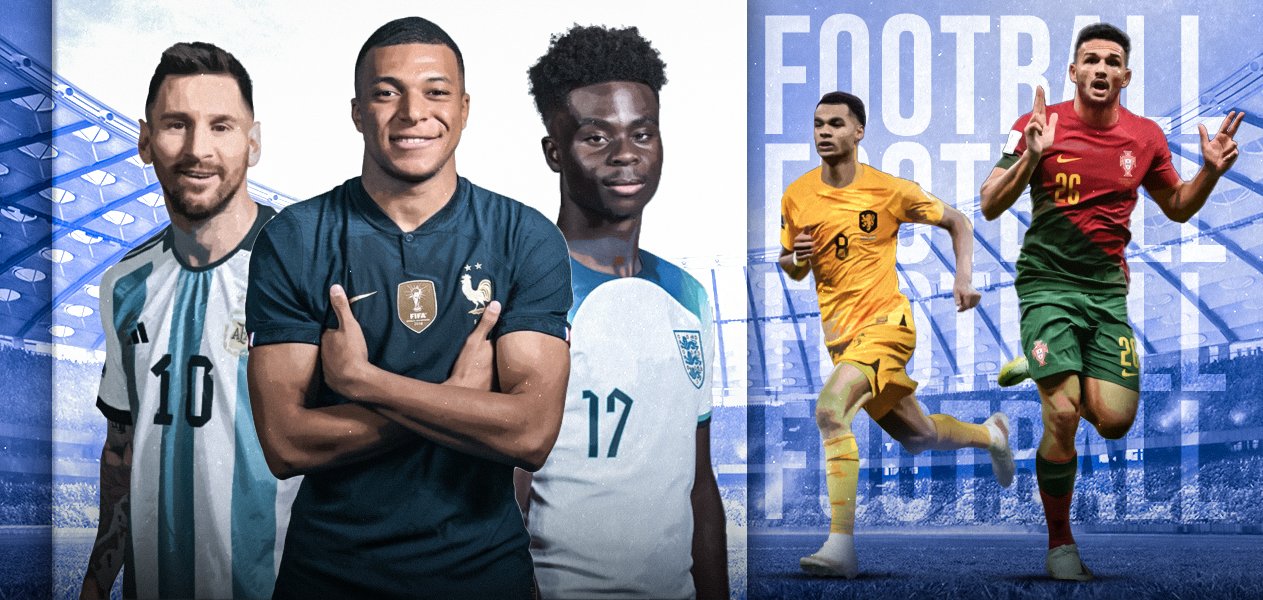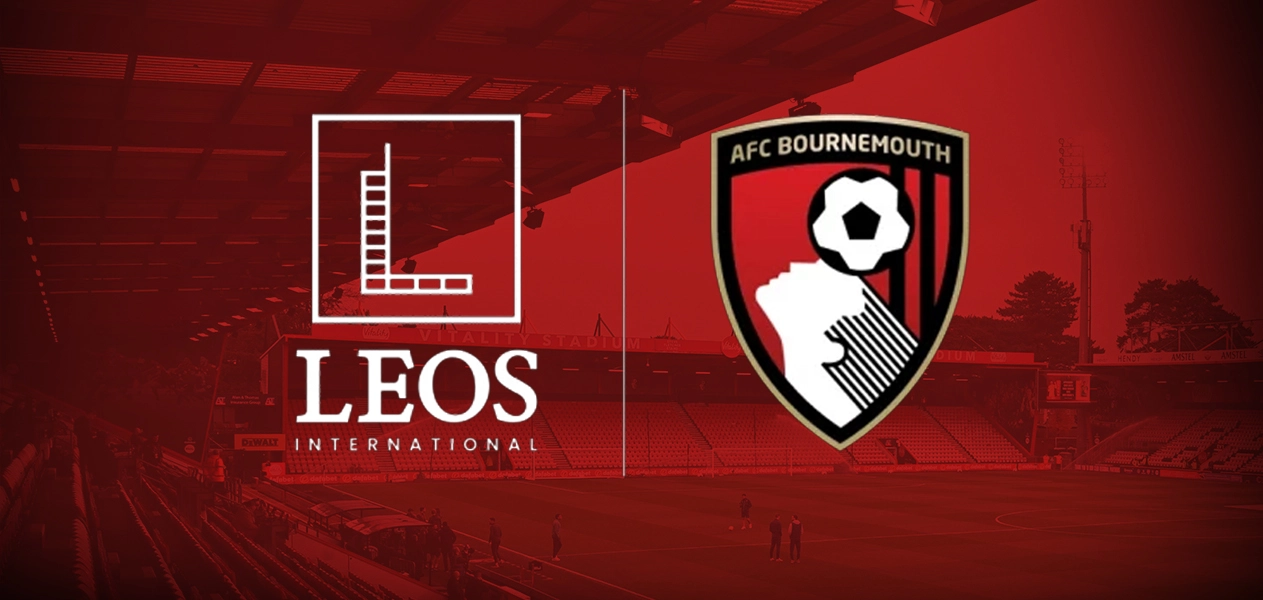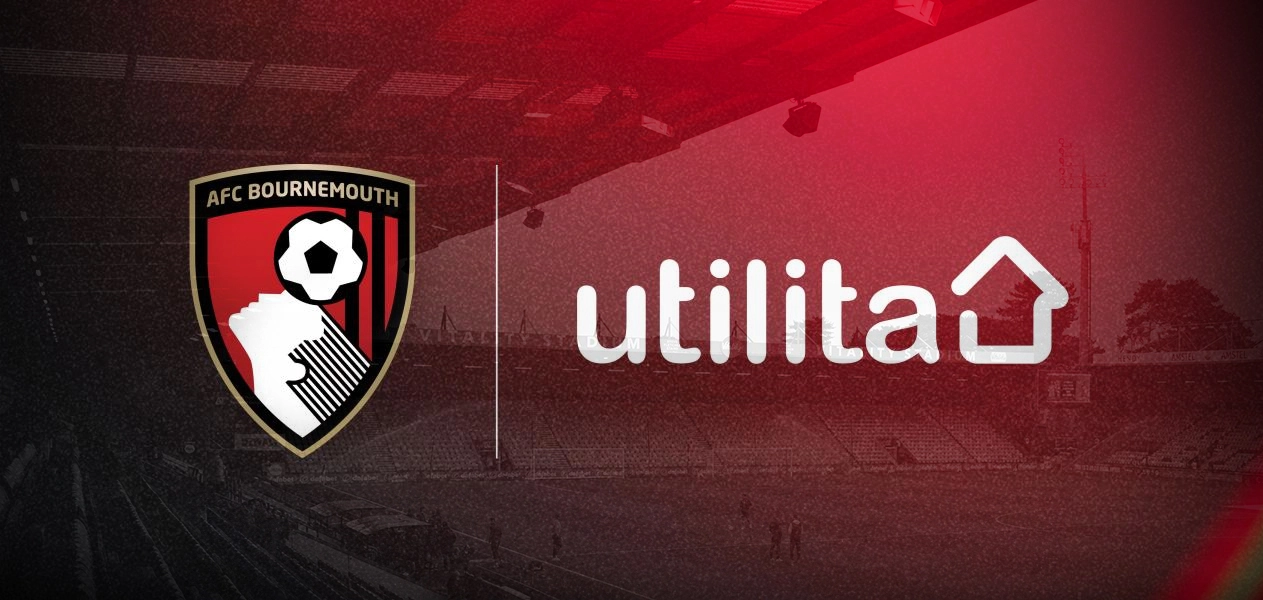The FIFA World Cup is often considered to be the pinnacle of football in many ways. That is true not just because the World Cup is arguably the biggest sporting event in history, but also because of how the international tournament allows for a fresh tactical approach on the pitch. This allows the players to play games in a much more expressive way, bringing the best out of talented footballers without having them do things they are not good at.
That is the beauty of international football, which separates it from club level football, and the reasons are rather simple, albeit largely ignored. This makes sure that club football and international football remain completely different versions of the game with stark differences.
The key difference lies in the amount of time coaches can spend with players throughout a season. Club managers spend about eight months with players, while international managers get hold of the players only during the international breaks, which don’t appear more than five times per season. While the UEFA Nations League has increased the amount of time international managers spend with the players of their country, that is nothing compared to the time club managers get.
Also Read – FIFA World Cup 2022: Will Qatar’s spending have long-term repercussions?
Having said that, this allows club managers to install certain systems and ideas into the players. Consider a manager’s preferred style of play to be a memory chip that can be installed into the mind of any player or into the team as a whole. And the memory chip has loads of data to transfer because the ideas are largely complex. Spending more time with players on the training pitch allows managers to install these ideas into the team’s style of play.
With the game heading into an era where using a certain style of play to win trophies has become the norm because of how it helps the club’s brand name in the global eye, managers who profess certain ideas are the norm. There is a focus on improving as brands amidst the awareness that only winning trophies will uplift the brand name. It is an Americanisation of the game which has advantages, but this also makes sure that players aren’t always played to their strengths. They have to adapt, learn, unlearn and change what they originally were unless their recruitment has been done on the basis of what their strengths bring to the system.
The idea of Positionalism in football has made sure that specific players are governed by an overarching idea that makes sure they operate only in fixed areas for the overall benefit of the team. It is almost mechanical, and the system is the higher power which dictates everything. It tells players, a majority of whom are expressive human beings, what to do and what they can’t do. It has led to success as well, as is evident from Pep Guardiola’s approaches at three different clubs and his influence on world football.
But club football allows for those complications to be inculcated in the game. It allows for swift combination plays, third-man runs, and fortified structures of teams when they are in possession and high up the pitch. International football, on the other hand, allows a higher room for individuality to thrive and helps humans on the pitch to be in touch with their raw emotions much more than club football, which has increasingly excluded the “I” from the team.
International football is not bound by complexities of higher tactical ideas unless multiple players of the team have been operating in similar systems at club level as we often see in Germany’s case in recent years or as we once saw with England, when a lot of their players were playing at Liverpool, Tottenham or Manchester City. It is not to say that international teams do not rely on positional play at all; they do. But the strictness around playing higher defensive lines is considerably low, as coaching higher defensive lines requires a lot of time on the training pitch. That is why a host of teams in international football play deeper defensive lines or structured mid-blocks.
Being more pragmatic often leads to higher individual expression for technically sound players, as they can have more space to operate in, and space is what technically proficient players usually thrive on. France, for example, look more dangerous when they operate deeper, as it allows the likes of Ousmane Dembélé and Kylian Mbappé more space to threaten the opposition. Mbappé’s individual attributes thrive at the international stage, which was already visible back in 2018.
Since international teams don’t usually use complex tactical systems, international games become the battle of imperfect systems, individual strengths and individual errors. This makes sure that games possess smaller margins, more intrigue, and dominating score-lines are rather rare. Club football, especially today, has become a battle of resources between clubs and brings about inequalities that lead to a higher possibility of dominating scorelines.
In essence, international football has fewer external factors dictating results. Club football has a number of larger influences on it that make things more predictable on a given day. Add in the fact that players are more emotionally attached to their countries than to the clubs they get paid to represent, and you will find that international football represents a much more raw form of the game, which adds to its enticing image. It is almost like an obscure game taking place in a certain ground of a country, and the match has players who can operate by instinct or free will instead of sticking to the rigidity of systems. This becomes a close representation of how football is played on the streets, where players are bound by the idea of representing their communities and expressing themselves, without the fear of how a higher-up can reprimand them.






Leave a Reply